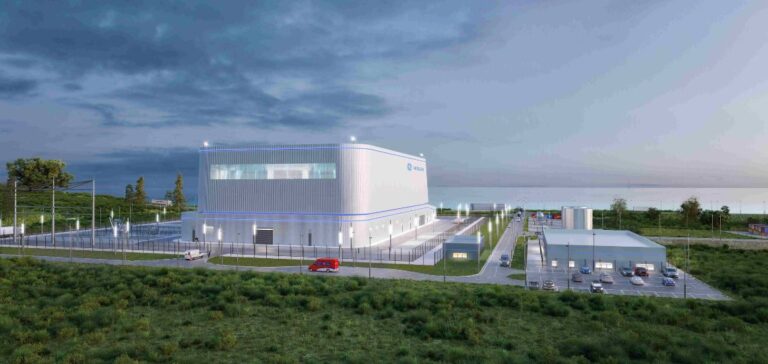The International Atomic Energy Agency (IAEA) recently concluded an integrated review of Estonia’s nuclear infrastructure, at the request of the country’s government. The move is part of Estonia’s efforts to diversify its energy sources and achieve carbon neutrality by 2050. At present, the country’s electricity production is mainly based on fossil fuels, in particular oil shale.
Estonia had previously collaborated with Latvia, Lithuania and Poland to build a new nuclear power plant in Lithuania, but this project was abandoned in 2016. Estonia’s energy plans now focus on the deployment of small modular reactors (SMRs). A government task force, set up in 2021, is currently finalizing a report that will provide recommendations to support decision-making at government level.
Background to the IAEA Mission
The IAEA team, made up of international experts from Brazil and the UK, examined 19 nuclear infrastructure issues using the IAEA’s Phase 1 Step-by-Step Approach methodology. Among the best practices identified were the commissioning of a comprehensive set of detailed studies with the support of external experts, and a strategy to support short- and long-term human resources development.
Next steps for Estonia
According to Eric Mathet, Operational Head of the IAEA’s Nuclear Infrastructure Development Section, Estonia is well organized in its preparations for a possible transition to nuclear power. However, the team also stressed that Estonia needs to finalize its overall report to support the decision on a possible nuclear program, including clear timetables for key activities.
Estonia is positioning itself as a serious candidate for a transition to nuclear power as part of its efforts to achieve carbon neutrality. The next steps will be to finalize the government report and develop a solid legal and regulatory framework to support the next phase of the program.





















